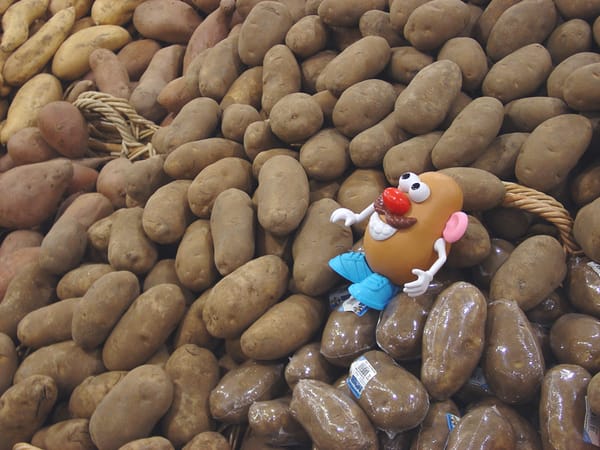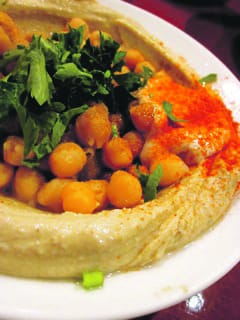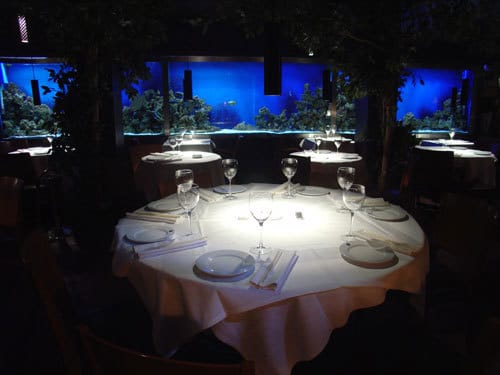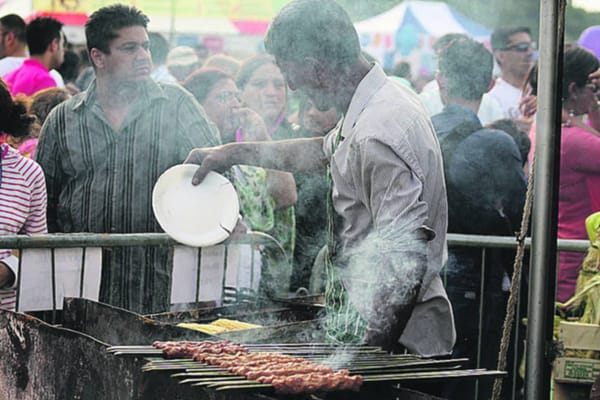Some like it Haute
French gourmet named UN heritage
Italy may be home to the greatest number of UNESCO World Heritage Sites in the world, however, as of last week the French can boast pipping the Italians to arguably the most questionable of awards ever granted by the United Nations’ cultural organisation. The French multi-course gastronomic meal has been named to the Convention of Intangible Cultural Heritage.
The central argument to securing ‘la cuisine française’s’ new status appears to be, in the words of President Sarkozy, that the French have “the best gastronomy in the world, at least from our point of view.” Perhaps, but Michael Winner is the best food critic in the world, from his point of view, and he hasn’t made it to UNESCO status.
The argument that promoting French food to this level will “stem the rising tide of snacks, fast-food and TV dinners”, in the words of Annick Vin of the French heritage and gastronomy mission also does not hold. In that case, why is Jamie Oliver not a cultural heritage? Or, God forbid, Trinny and Susannah. If defending Haute cuisine merits a UNESCO badge, then surely the guardians of ‘Haute Couture’ deserve one too?
The committee also added that one of the reasons behind its choice was that French gastronomy is a “social custom aimed at celebrating the most important moments in the lives of individuals and groups.” Not only will Italians balk at this statement, knowing full well that they have their own form of haute cuisine for special occasions, but so too will any undergraduate that has ever celebrated a hangover from an epic night out with a full English breakfast. If foie gras, soufflé, and stinky cheese can make it to UNESCO’s list, why shouldn’t fried eggs, beans, and black pudding? Wouldn’t it be nice to see the words “spotted dick” on the list of cultural heritage items?
The French ambassador to UNESCO, Catherine Colonna, stated that “the French love getting together to eat and drink well and enjoy good times in such a manner. It is part of our tradition - a quite active tradition.” Do the hoards of French school children that descend upon McDonalds daily for lunch fall under this statement? Or the 18-year-old lycéens that grab a pre-kip kebab at the local Lebanese at 2am?
Who is to say what food deserves cultural heritage status (apart from nondescript UNESCO fat cats based in Paris of course, wining and dining at the best restaurants)? Food is an art and as with all forms of art there are no truths, only perspectives. Ranking sushi, curry, and pizza is akin to ranking Katsushika Hokusai, Anish Kapoor, and Botticelli. Haute French cuisine has always been a difficult, subtle, and extravagant affair. But sometimes, fresh, simple food is enough to entice a palate. Variety is the spice of life, and a country’s cooking traditions are central to its identity. Indeed, if one takes tangible statistics as truths, then Tokyo now boasts more Michelin stars than Paris – does that make it a better city gastronomically?
Food is more than a necessity; it is more than a microwavable meal; it defines who we are, and can enhance our understanding of a culture. Perhaps the problem lies in the definition of the UNESCO award - it is granted to “intangible” jewels of mankind. That only 178 practices have made the grade is incredulous, especially considering that there are 193 countries in the world. The whole scheme is absurdly pretentious, vulgar and kitsch. So much so that even Michael Winner has no reason to howl “calm down dear!”










